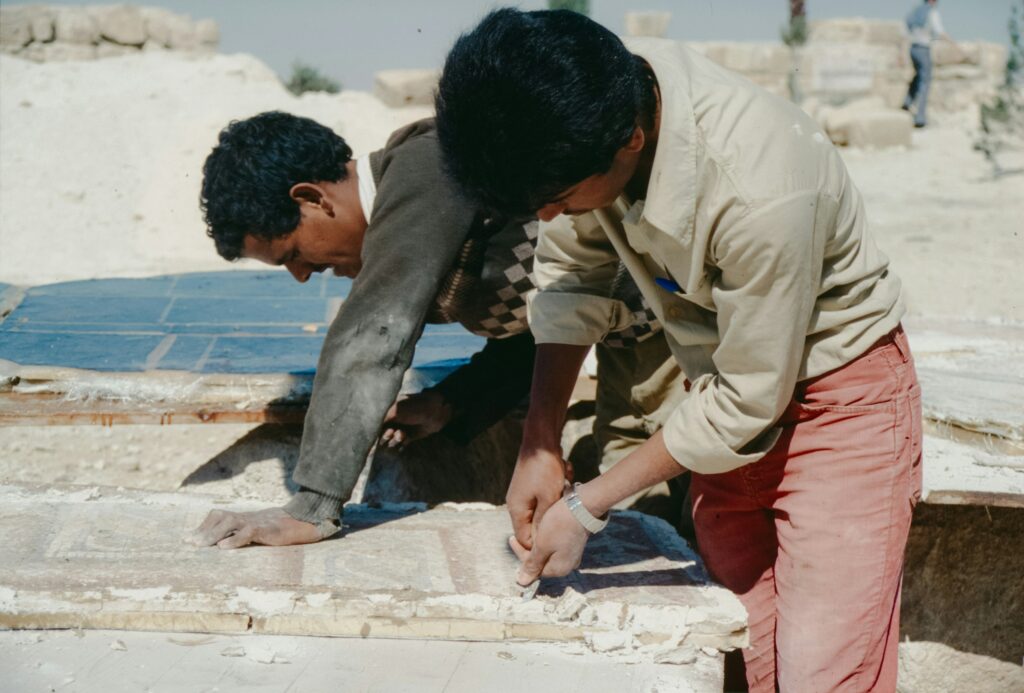
Some years back, I wrote a series here explaining why I am (still!) a young-earth creationist, even though more and more of the cool kids are eating at a different lunch table. In evangelical academia, most scholars, while rejecting the atheistic evolution of, say, Richard Dawkins or the late Stephen Jay Gould, Carl Sagan, or Christopher Hitchens, have adopted one of two theistic accommodations of evolutionary theory: either theistic evolution, typified by Biologos and its founder Frances Collins (most famous for his time as leader of the Human Genome Project, which produced a fully mapped human genome in 2003); or what I would call discontinuous or punctuated evolution, typified by Hugh Ross’s Progressive Creationism, which posits that God worked direct acts of creation at points along the timeline that natural processes could not account for. (Theistic evolutionists are generally nearly as dismissive of Progressive Creationism, labeling it a “god of the gaps” solution, as they are of Young Earth Creationism, which they view as uneducated and therefore ignorant.)
I think it’s noteworthy that although evangelical scholars are generally old-earth creationists, the same cannot be said of the folks in the pew, or even outside the church: a 2024 Gallup poll recorded the most popular view as “God created humans in their present form” (37%); slightly fewer held that “humans evolved, God guided” (34%); and fewer still held that “humans evolved, God had no part (24%).” (Compare an earlier Pew Research Center survey here.) This spread is remarkable, given that public education has promoted atheistic evolution exclusively for well over half a century. I wonder whether there is something inherent in humans that resists atheistic “solutions”; it’s almost as though one has to go to college to be pressured away from it.
At any rate, the earlier series represents my thinking on the “age of the earth” question. Here I’d like to broaden and refocus the discussion a bit.
Some years ago my colleague (and doppelganger, before I grew a beard) Dr. Bill Lovegrove challenged the BJU university body, in a chapel message, to search the Scriptures for passages after the creation account in Genesis 1-2 that refer back to that account and draw some sort of conclusion or application from the fact that God is the Creator. I did that, and I’d like to share the results of that study here. Bill’s a scientist (engineer), but what he suggested is in fact a biblical theological study, which is where my training is; it’s right down my alley.
So where does the Bible refer to God as the Creator, or to the creation event, and then apply that truth in some way to our thinking or behavior? You might be surprised at how frequently, and broadly, it does that. Such passages appear in every section of the Hebrew Scriptures, the Tanakh—the Law, the Prophets (Former and Latter), and the Writings. They appear in the New Testament as well—the writings of Matthew, Mark, Luke, and John, as well as the epistles of Paul, Peter, and the author of Hebrews, and the apocalyptic book of Revelation. That covers all the biblical genres, as well as the entire biblical timeline, from the earliest narrative in Genesis and the oldest biblical book (Job, I think) through the exilic and post-exilic writers (Jeremiah and Nehemiah) and through the New Testament from Matthew to Revelation.
Because of the wealth of biblical data, I suspect this will be a long series. And that’s kind of the point.
This is not some minor doctrine. Creation matters.
Next time, the earliest biblical data.
Photo by Greg Rakozy on Unsplash

